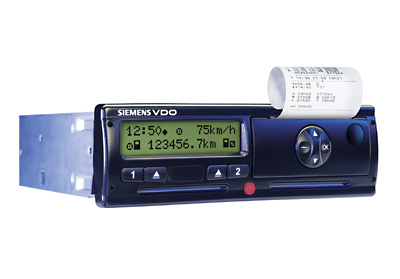A temporary halt to the roll out of low emission zones in four Scottish cities, due to the Covid-19 pandemic, should be used to review the impact the zones will have on local hauliers already struggling with the impact of the pandemic on their businesses, the Road Haulage Association (RHA) has said.
The schemes, which were due to be implemented in Edinburgh, Aberdeen and Dundee later this year alongside the existing scheme in Glasgow, have been temporarily shelved, Scotland’s transport secretary Michael Matheson has announced.
He said the Scottish Government had concluded that ‘introducing low emission zones across our four biggest cities by the end of 2020 is no longer practicable’ due to the ‘unprecedented’ impact of the pandemic which had forced government and local authorities to reassess their priorities.
He added: ‘Given the recent uptake in active travel and air quality levels we are going to take the opportunity to review how Low Emission Zones can be designed and how our cities might witness a green recovery transformation in tandem with the Covid-19 recovery plans.
‘We must be bold in our actions to reset the system to meet our climate change ambitions, reduce inequalities, improve our health and wellbeing and deliver sustainable economic growth.’
RHA policy director Duncan Buchanan said: ‘All clean air zones need to be delayed as the entire supply chain is completely broken at the moment thanks to the pandemic and until we know what will happen to vehicle replacement cycles it is not feasible for businesses going through this huge trauma to meet clean air zone requirements.
‘This is particularly important since lorries are clearly not the problem that needs to be tackled to improve air quality. They have been targeted by authorities because they are an easy target for action and yet limiting them will bring insignificant results and will be hugely costly to a sector already struggling.
‘Authorities should take the opportunity to review these schemes to see how they can really make a difference to air quality.’





